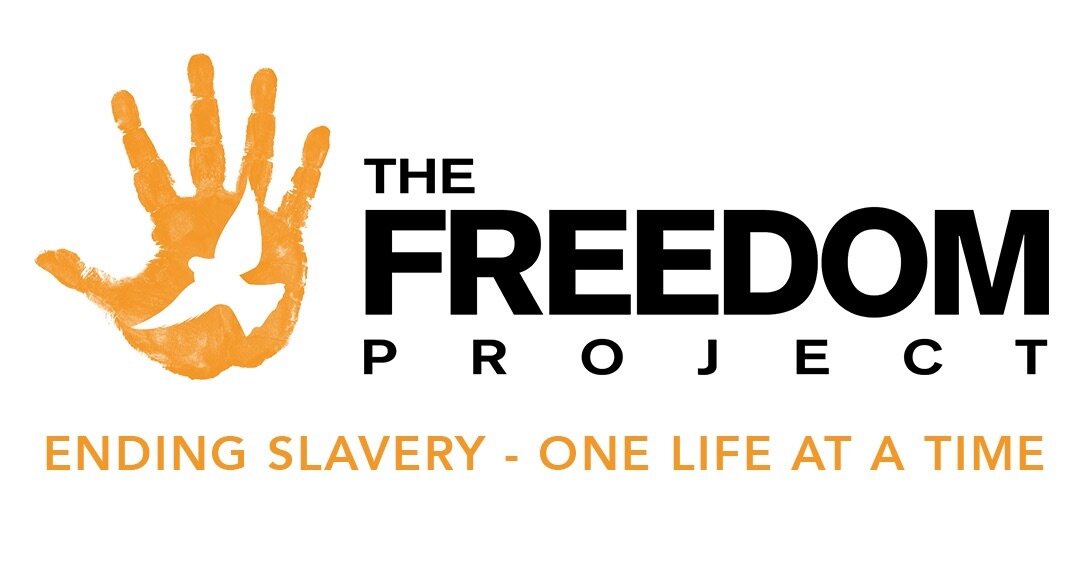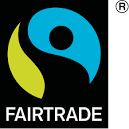2 EASY WAYS TO START BECOMING A SLAVERY-FREE CONSUMER
Introduction
I read an article recently by endslaverynow which opens with a women attending a human trafficking conference. It is clear from the start that the writer is wholeheartedly invested and action orientated in making a change in slavery. During her attendance at the conference she happened to come across a panel discussion on labour abuse - it was the first time she realised that through her everyday choices, she was part of the labour abuse problem. What stood out to me the most here was her honesty in sharing she hadn’t been aware of her impact on labour abuse even although she was invested in helping end slavery. Throughout this post, I’ll share easy ways to take small, but impactful steps to start becoming a slavery-free consumer.
The reason I share this with you is sometimes we aren’t really aware of the impact our everyday choices can have for others in the world. If you are reading this article though, I hope this means you are looking to increase your awareness and are ready to start being part of making ethical choices. What better place to start than our daily purchases - food and drink! If you are just starting your journey to shopping ethically - welcome, there are newbies each day and we are so grateful for each and every one of you! We want to help make this a simple transition to embed in your every day with some super simple steps below toward slavery-free consumption - even ways of making it fun!
“It was the first time she realised that through her everyday choices, she was part of the labour abuse problem.”
Your Impact
Before we start, we would really love to let you know (yes YOU!) of your importance in this. I appreciate there comes a time where we can question “how much impact am I really having just me?” and the answer is - you are fundamental as you are part of a collective. A great example of the impact a collective has is in Who Gives A Crap (a 100% recyclable toilet paper company who donate 50% of their profits to help build toilets for towns with poor sanitation). In their mission video, they demonstrate the impact a collective has on eliminating 1 piece of plastic in our toilet roll purchases (spoiler alert: it equates to billions of plastic!): watch the video here. So if or when you encounter a little speed bump in your ethical buying journey - please know that you matter and you are making a difference.
Let’s Get Started
Our lives can be pretty hectic at times and adding a new hobby to the mix can be both exciting but a little daunting. In my opinion, the best way to embed this positive change and sustain it is to keep things simple! So let’s get started…
A Good Starting Point: The Food/Drinks To Watch Out For
Picture the scene - you have a potentially long list of items on your shopping list but where do you start on that list to make the biggest impact? Research is showing that the most impacted industries are chocolate, tea, coffee and seafood. Therefore, this is a strong place to start when you are looking over your shopping list. If you attend the same supermarket regularly and opt’d for their own brand - do a quick search on their website and you will be able to tell whether or not they are investing in eliminating slavery in their supply chains.
Find The Label: 3 Certifications to Look For
Another really simple way to understand whether or not your food/drink has been sourced ethically is through certifications. Here are some great ones to look out for:
1. Fairtrade - fairtradeanz.org/
As a leader in the global movement to make trade fair, Fairtrade supports and challenges businesses and governments and connects farmers and workers with the people who buy their products.
2. UTZ Certification - utz.org/
UTZ certification shows consumers that products have been sourced, from farm to shop shelf, in a sustainable manner.
3. Slavery Free Seafood - beslaveryfree.com/seachange
Sign the petition calling on the authorities to create a Sustainable Slave Free Fishing Standard. This does not yet exist. With over 200,000 boys and men estimated to be enslaved by the fishing industry it is imperative that we take action.
Make it fun!
There are some great ways to make ethical shopping fun while also making a positive impact for others - what a wonderful win win! So, let’s try ramp this up even more and make it fun - try some of these options below:
1. “One step at a time”
Aim to change 1-2 additional items on your shopping list each time you shop to ethically sourced and keep yourself on track!
2. “Scavenger Hunt”
Supermarkets are very good at luring us to certain brands by their placements on shelves. Try to make a game of finding the certified product in the not so easy to reach shelves. Better still, if you don’t manage to find one, flag it to your store - your 60 second suggestion could make an impact on thousands of people.
3. “Winner Dinner”
Whether you are having friends round or eating with your family, play a game of “where was your food sourced?” and see how many people are able to track their food back to the source. This can involve a lot of getting up from the table and finding the packaging! The person who can track back every item on their plate - wins! A good tip is to give some notice before the game particularly if you are heading to your friends!
It wasn’t their choice - but it is ours
Being able to make everyday choices is nothing short of a blessing. Unfortunately, for the millions of people trapped in trafficking, their choices are extremely limited if not non-existent. In our day to day though, for most of us we have the liberty of making choices, and the choices that may seem quite mundane to us can actually make a life changing difference to others.
If the roles were reversed, would you ask them to make the small effort to turn round the bottle and check the label before buying? I know I would.
You matter. They matter. Our choices matter. Let’s start making the right ones. Start with slavery-free consumption on your next trip out or online.
Written by Yolanda Kerr
Volunteer with The Freedom Project



